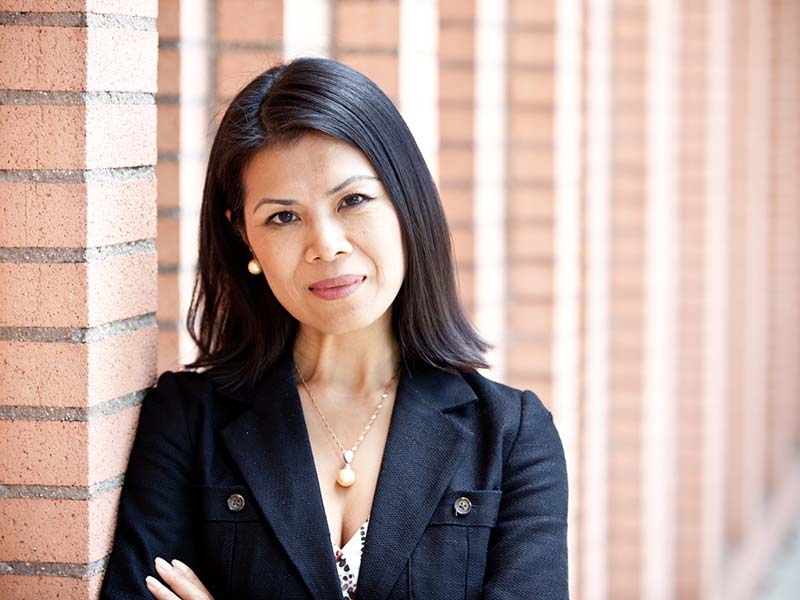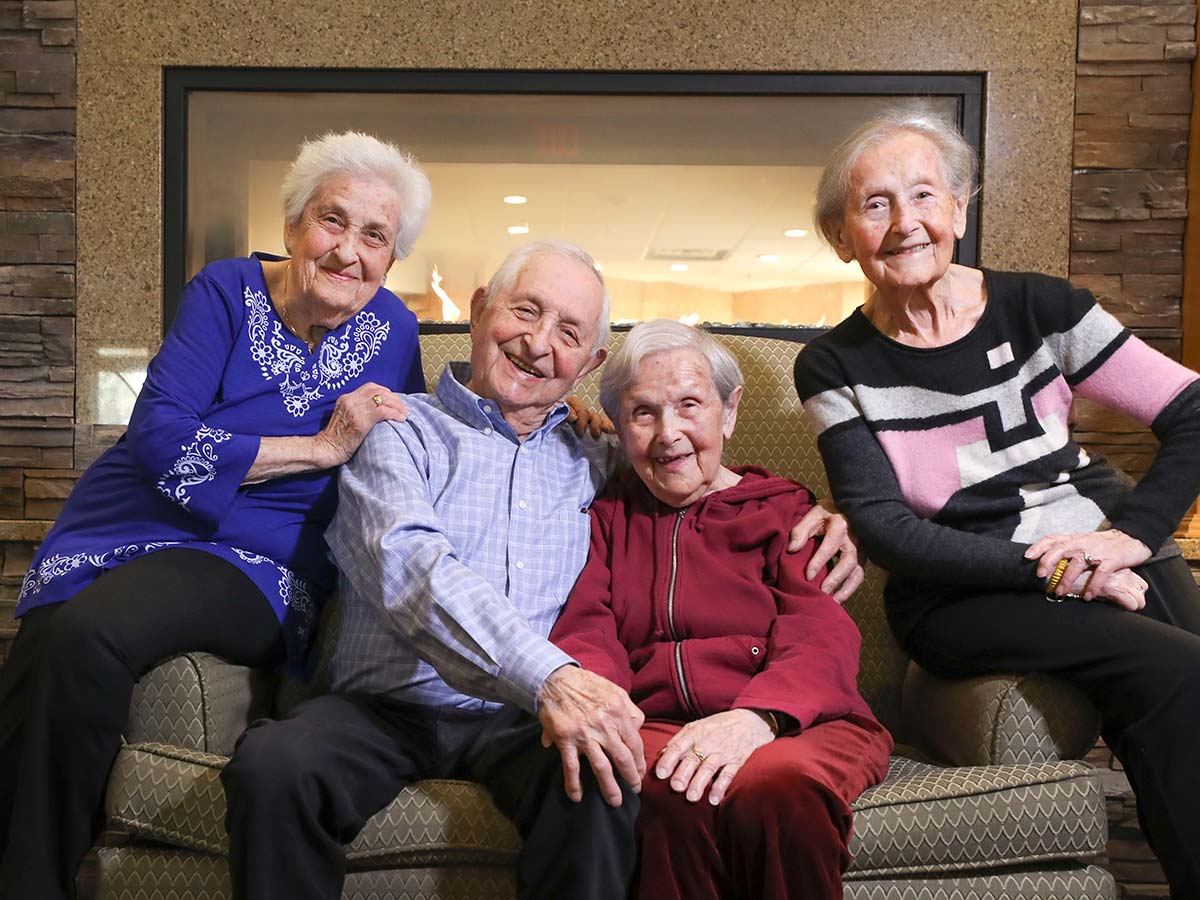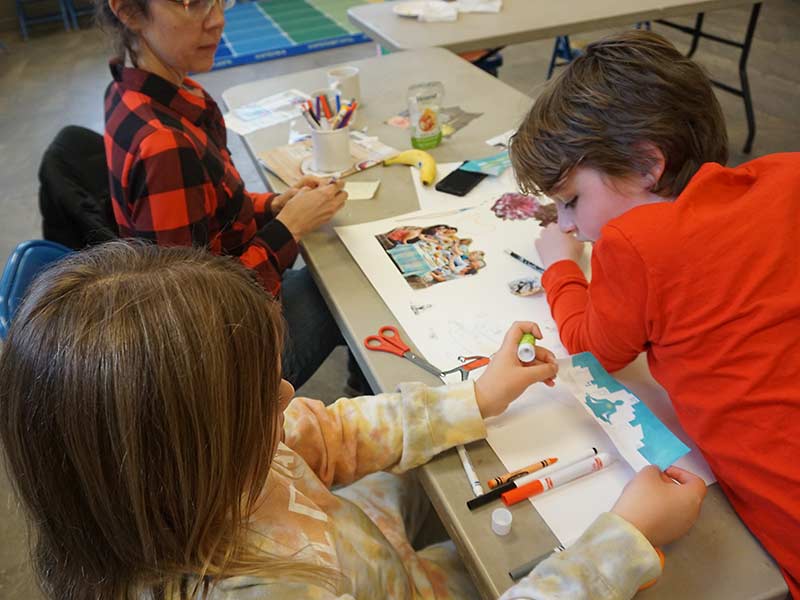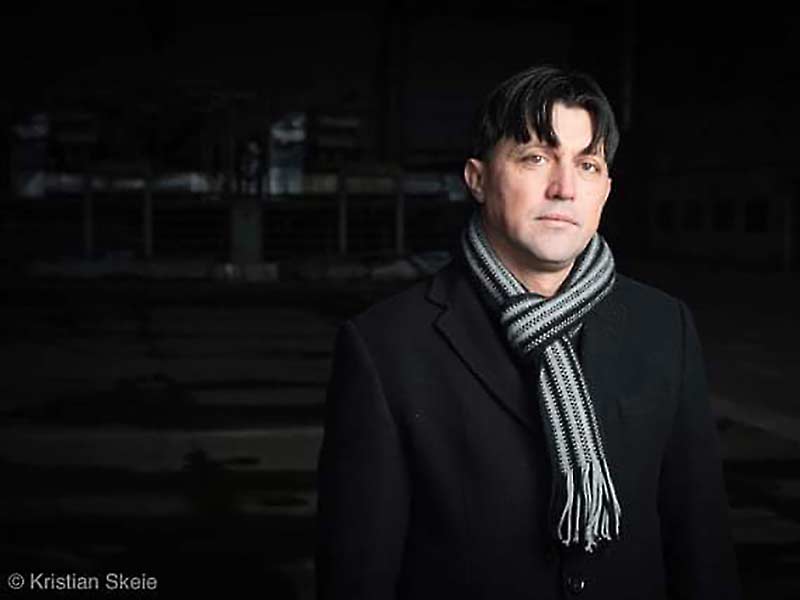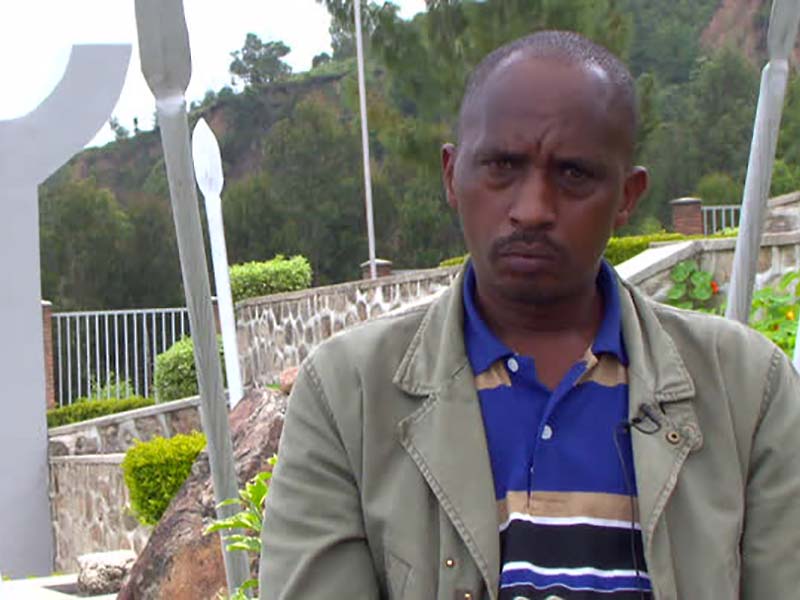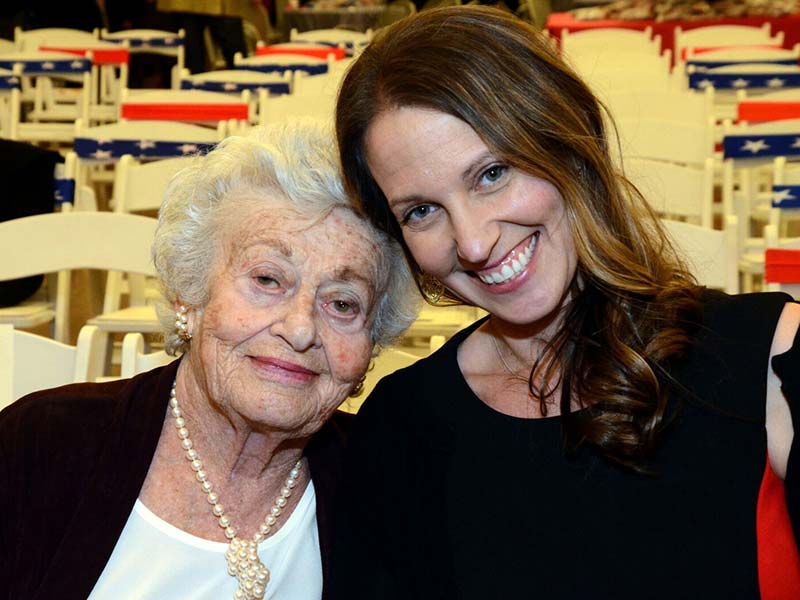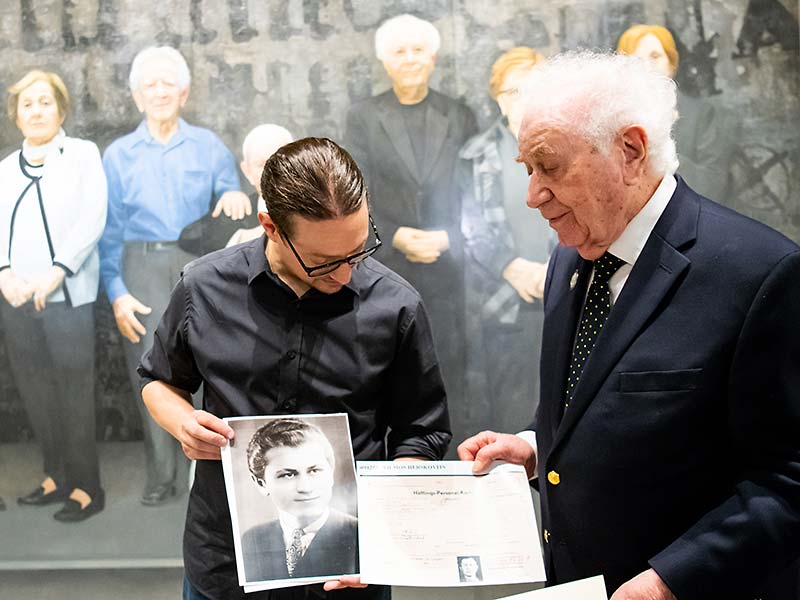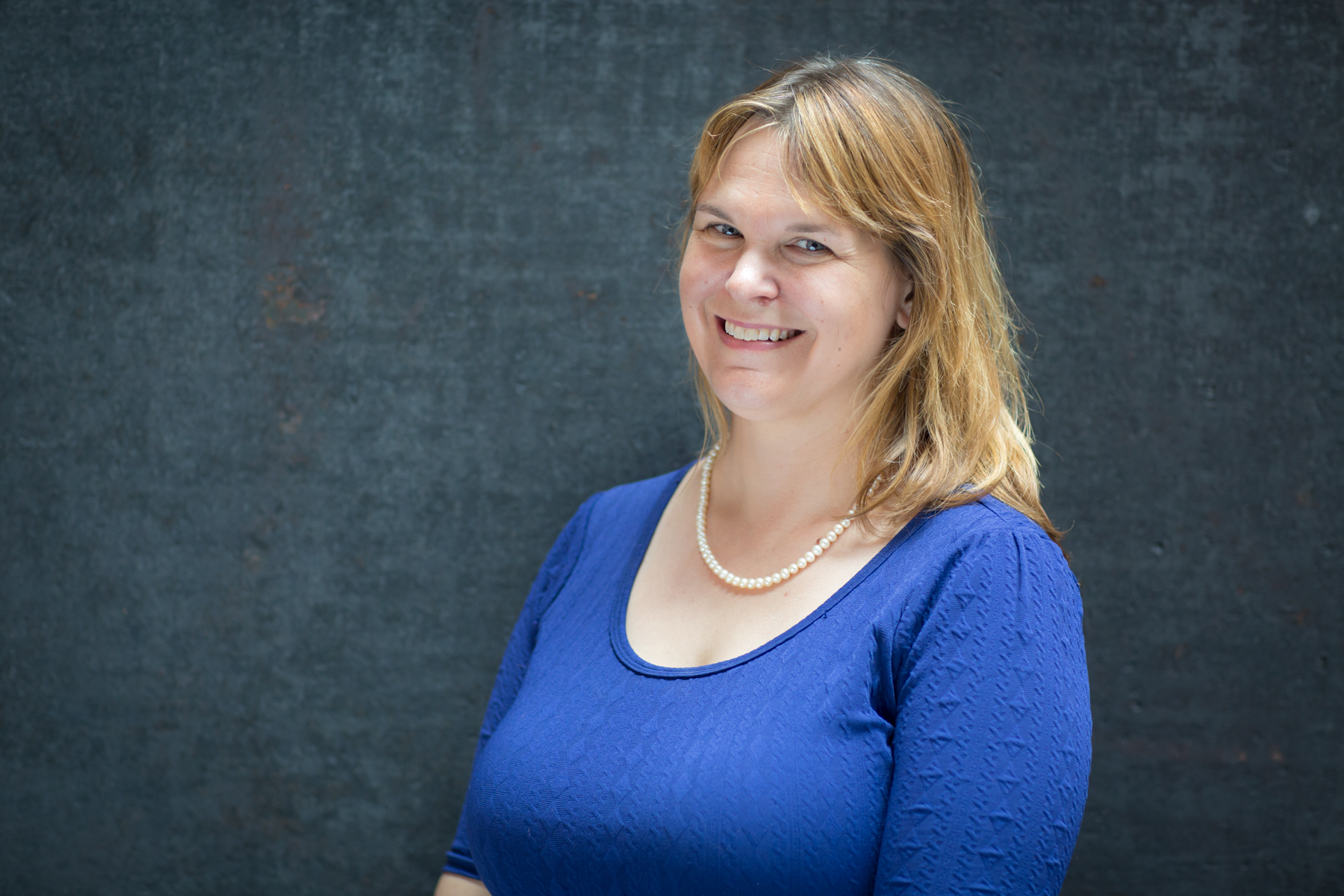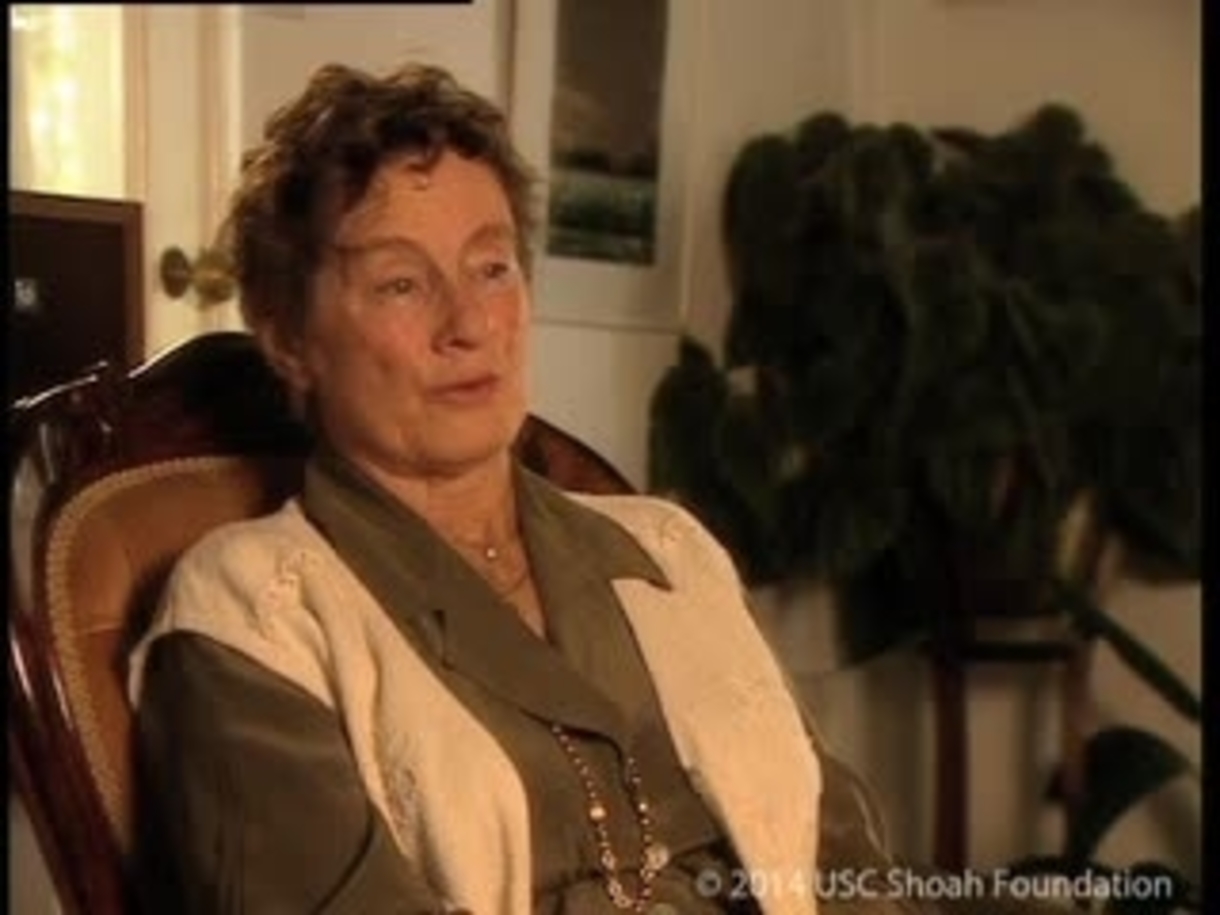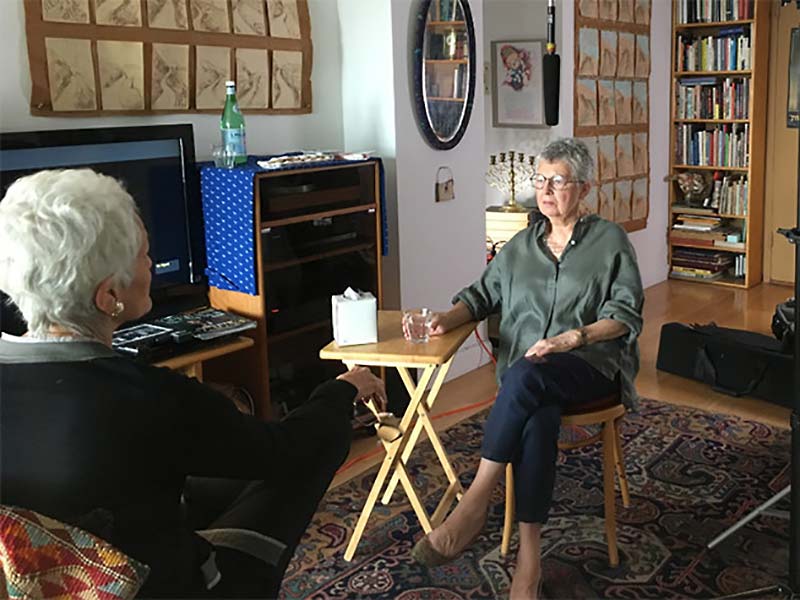One morning in 1978, Theary Seng awoke alongside her younger brother in their prison cell in Boeng Rai Security Center, about 100 kilometers south of their hometown of Phnom Penh, Cambodia. The children’s mother had been in the cell the night before, but now she was gone.
Sally (Fink) Singer still cries over the spilled milk. Yes, it happened more than 80 years ago. And at the age of 100, Sally knows that her siblings – Anne (99), Sol (97), and Ruth (95), who to this day remain inseparable – have long since forgiven her. But the pangs of guilt and hunger linger.
Modern day Kentucky and WWII-era Austria may seem worlds apart, but the far-flung locales and distant timeframes came together last month at a series of educational workshops at the Iroquois Branch Library in south Louisville.
Over the course of five weeks, a group of young children and their caregivers gathered each Saturday morning for a special educational series sponsored by the National Center for Families Learning (NCFL) and The Willesden Project, a program of USC Shoah Foundation and Hold On To Your Music Foundation, with support from the Koret Foundation.
Earlier this year, thanks to a new collaboration with the Srebrenica Memorial Center, USC Shoah Foundation took possession of a pilot collection of 20 testimonies of survivors and witnesses of the 1995 genocide in Srebrenica, Bosnia-Herzegovina.
The testimonies document the genocide of more than 8,000 Bosnian Muslim (Bosniak) men and boys and the deportation of over 25,000 women and children that occurred in parts of eastern Bosnia-Herzegovina during the 1992-1995 war.
How best to fuse compelling testimony with the latest innovative technologies to produce the most effective instructional materials for students and educators around the world?
USC Shoah Foundation mourns the passing of our friend Vera Gissing, who died March 12 in Berkshire, England at age 93. Vera will be remembered for her extraordinary life, which included escaping Prague in 1939 on one of the last Kindertransport trains to make it out of Czechoslovakia before the outbreak of World War II.
USC Shoah Foundation continues to record interviews with Holocaust survivors as part of the Last Chance Testimony Collection initiative, an urgent effort to give voice to survivors and witnesses of the Holocaust with the goal of educating people around the globe.
